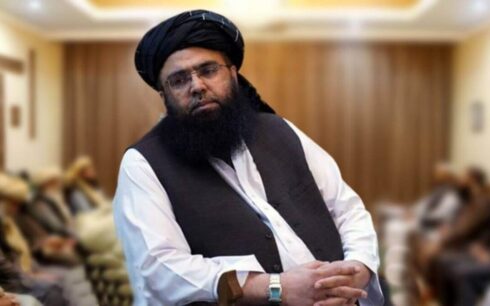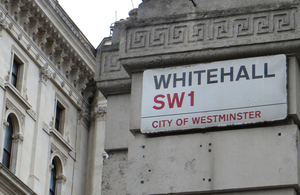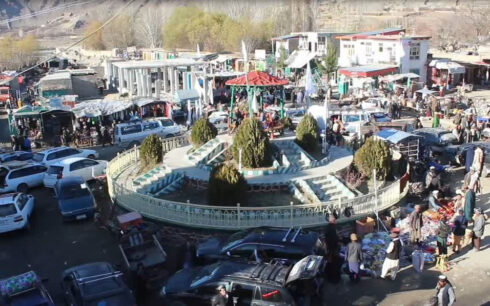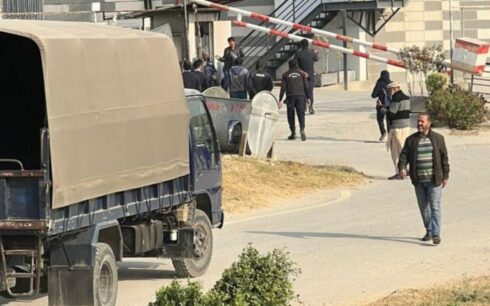DOHA, Qatar — The Qatari Ministry of Foreign Affairs said that its delegation participated in a virtual meeting of the “Doha Process for the Afghanistan Drug Control Working Group,” organized by the United Nations with representatives from multiple countries.
The Qatari Foreign Ministry said that the meeting, held as part of ongoing initiatives under the Doha Process on Thursday, “focused on drafting a roadmap to address the pressing needs of the Afghan people”.
Qatar’s delegation was led by Faisal bin Abdullah Al Hanzab, special envoy to the foreign minister.
In a separate statement, the Qatari ministry noted that Mr. Al Hanzab held discussions with Andrew McCoubrey, the United Kingdom’s special envoy for Afghanistan, on the latest political, security, and humanitarian developments in the country.
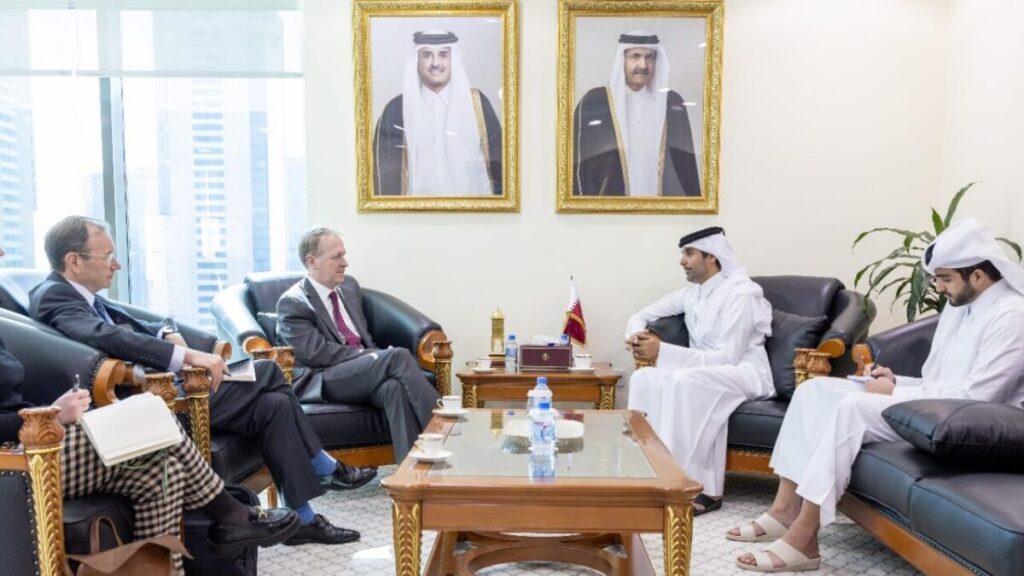
Taliban representation
Habibullah Ahmadi, head of the office of the counter-narcotics for the Taliban’s Interior Ministry, confirmed to Amu News that Taliban representatives from the ministries of interior, foreign affairs, and agriculture participated in the inaugural session of the working group.
Suhail Shaheen, head of the Taliban’s political office in Doha, stated that the group had proposed plans to support Afghanistan’s private sector and provide alternative livelihoods for farmers affected by the drug trade.
However, the absence of women and civil society representatives in the working group drew criticism, mirroring broader concerns about inclusivity in the Taliban-led government and its engagement in international processes.
The meeting marked a continuation of efforts initiated at the third Doha summit, where counter-narcotics was a key agenda item. The United Nations Assistance Mission in Afghanistan (UNAMA) confirmed the group’s establishment as part of follow-up actions from the summit.
While the Taliban have highlighted its counter-narcotics policies as a success, international organizations, including the U.N., have reported a significant increase in opium production in Afghanistan over the past year.


